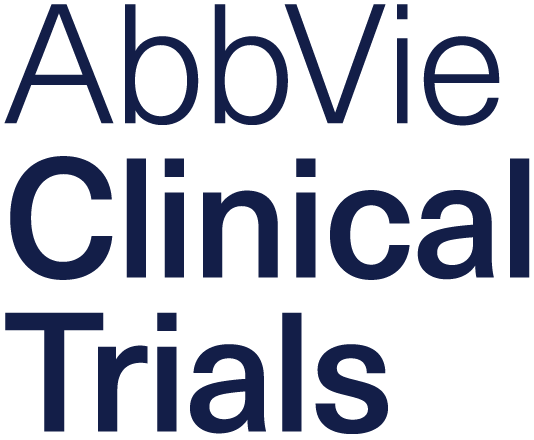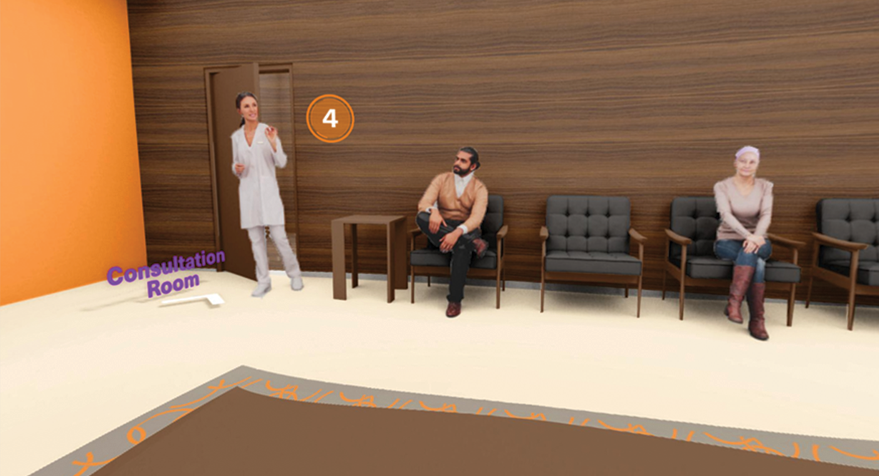There can be significant differences among patients with the same disease. And patients may have other health conditions that make their treatment more complex.
In a clinical trial, researchers need to be able to account for everything that might affect the study results. For this reason, they define the specific characteristics of a population of patient volunteers who can or cannot participate in a clinical trial. Together, these characteristics are called the eligibility criteria.
What are eligibility criteria? Eligibility criteria are the requirements that must be met for a person to be allowed to enroll in a trial.1 That's why, even if you have a specific medical condition, you still may not meet the eligibility requirements to participate in clinical trials.
Eligibility criteria help researchers achieve accurate results by ensuring that results from a clinical trial are because of the experimental treatment and not some other factor or trait.2 They also minimize the risk of exposing participants to harmful investigational treatments.2
DETERMINING WHO CAN PARTICIPATE IN CLINICAL TRIALS
Who can participate in clinical trials and clinical trial eligibility requirements are determined by inclusion and exclusion criteria. The reasons that allow you to volunteer for a trial are inclusion criteria, and the reasons that may disqualify you are exclusion criteria. Inclusion and exclusion criteria are detailed in the study protocol and are generally listed in trial databases and briefly in study advertisements you may see or hear. The trial's objectives, also described in the clinical trial protocol, will dictate participants’ clinical trial eligibility, i.e., healthy or categorized by specific illnesses or conditions.
Inclusion and exclusion criteria may include:
Age
Gender
Stage or severity of a disease
Previous treatments a patient did or did not take
Medications a patient is currently taking
Medical conditions other than the one being studied.
To meet clinical trial eligibility, you must satisfy both the inclusion and exclusion criteria. Once you've contacted the medical facility in your area that is running the trial, the medical research team will go through the informed consent process with you. When you have signed your consent form, you may undergo an additional screening process as outlined in the specific trial protocol.
For more information on clinical trial protocols, read What is a clinical trial protocol.



